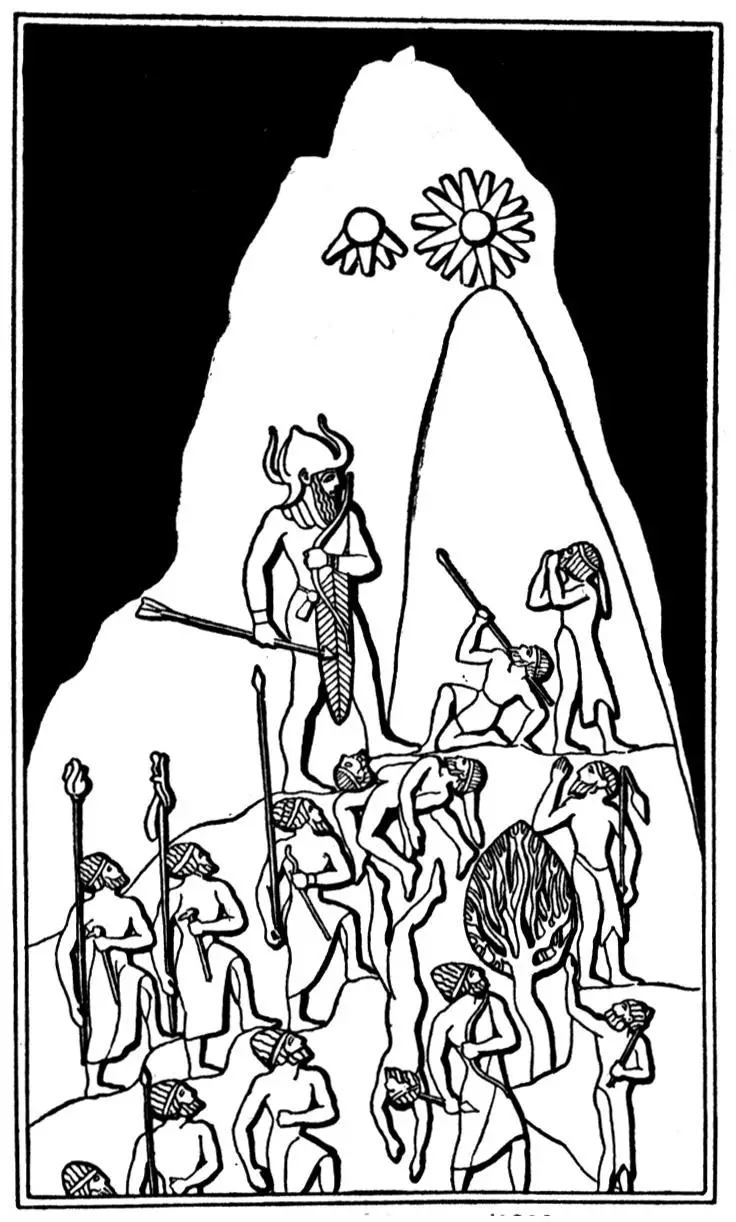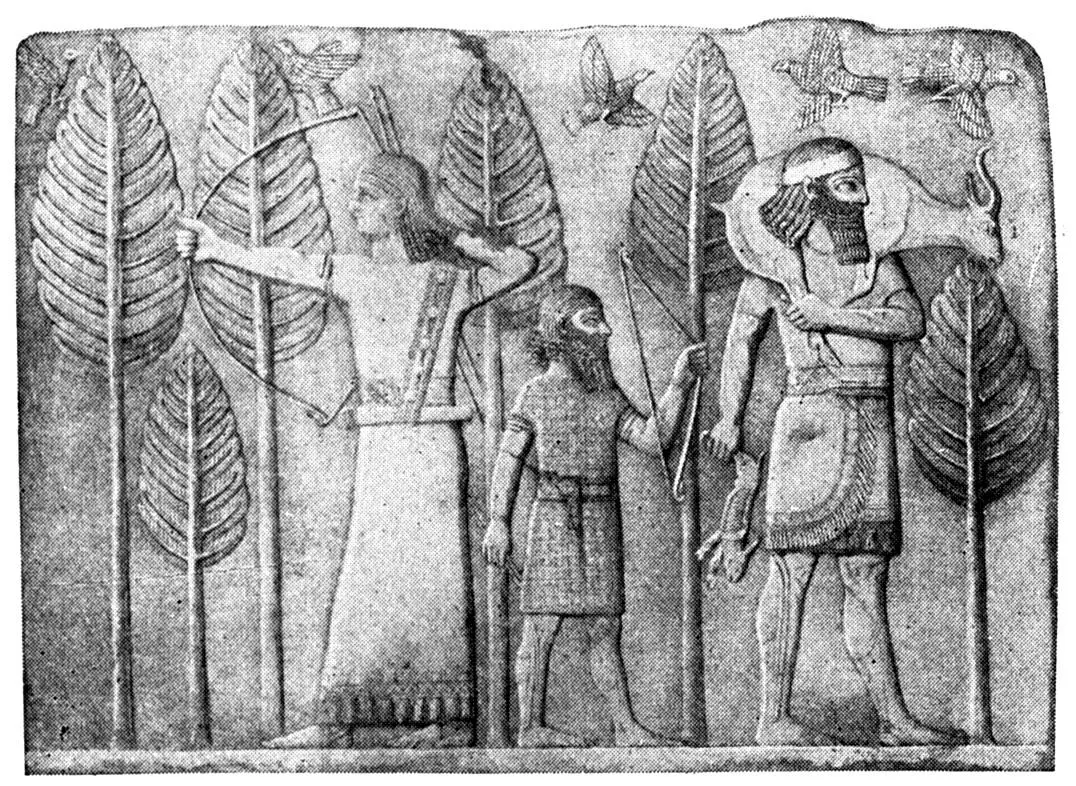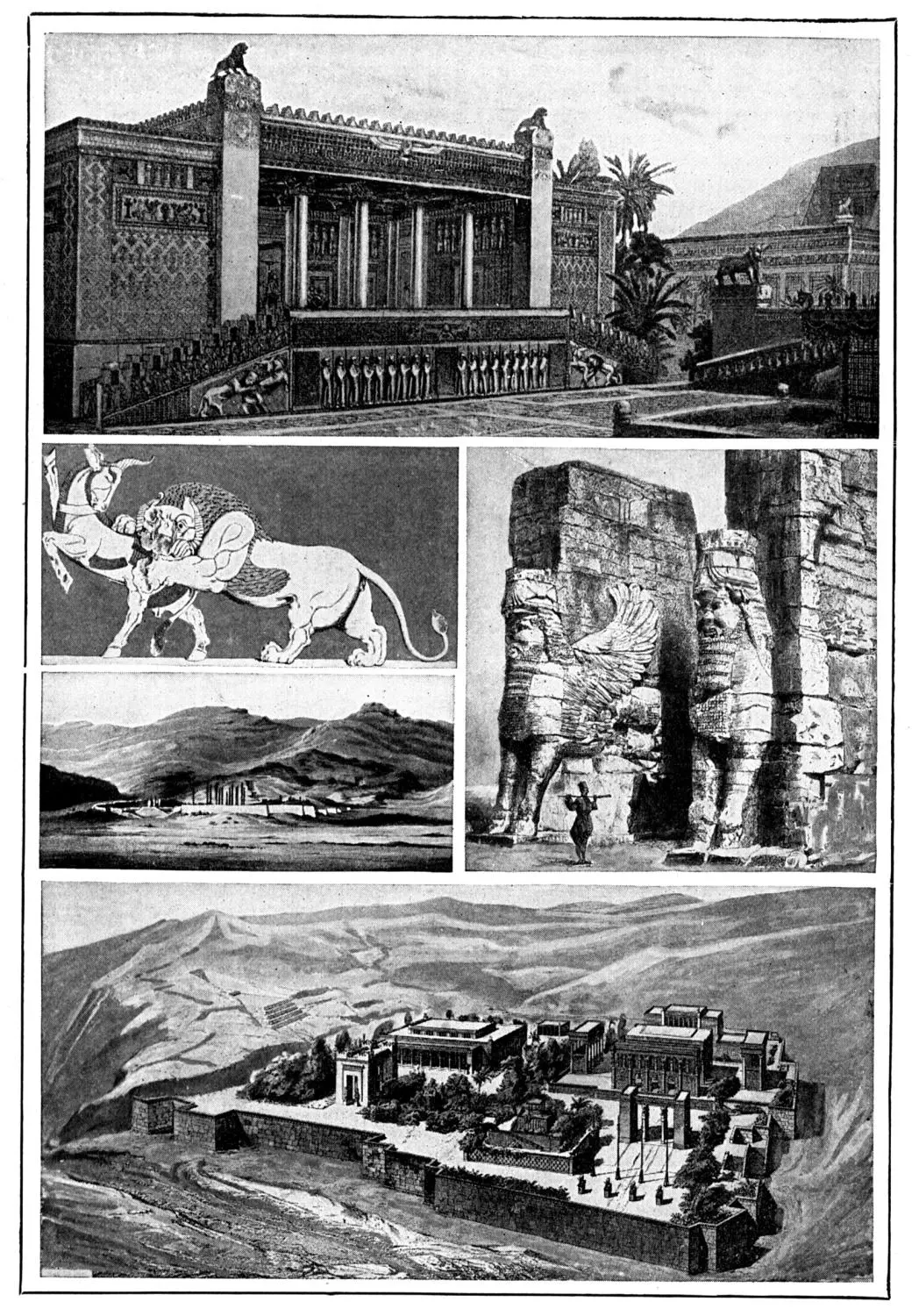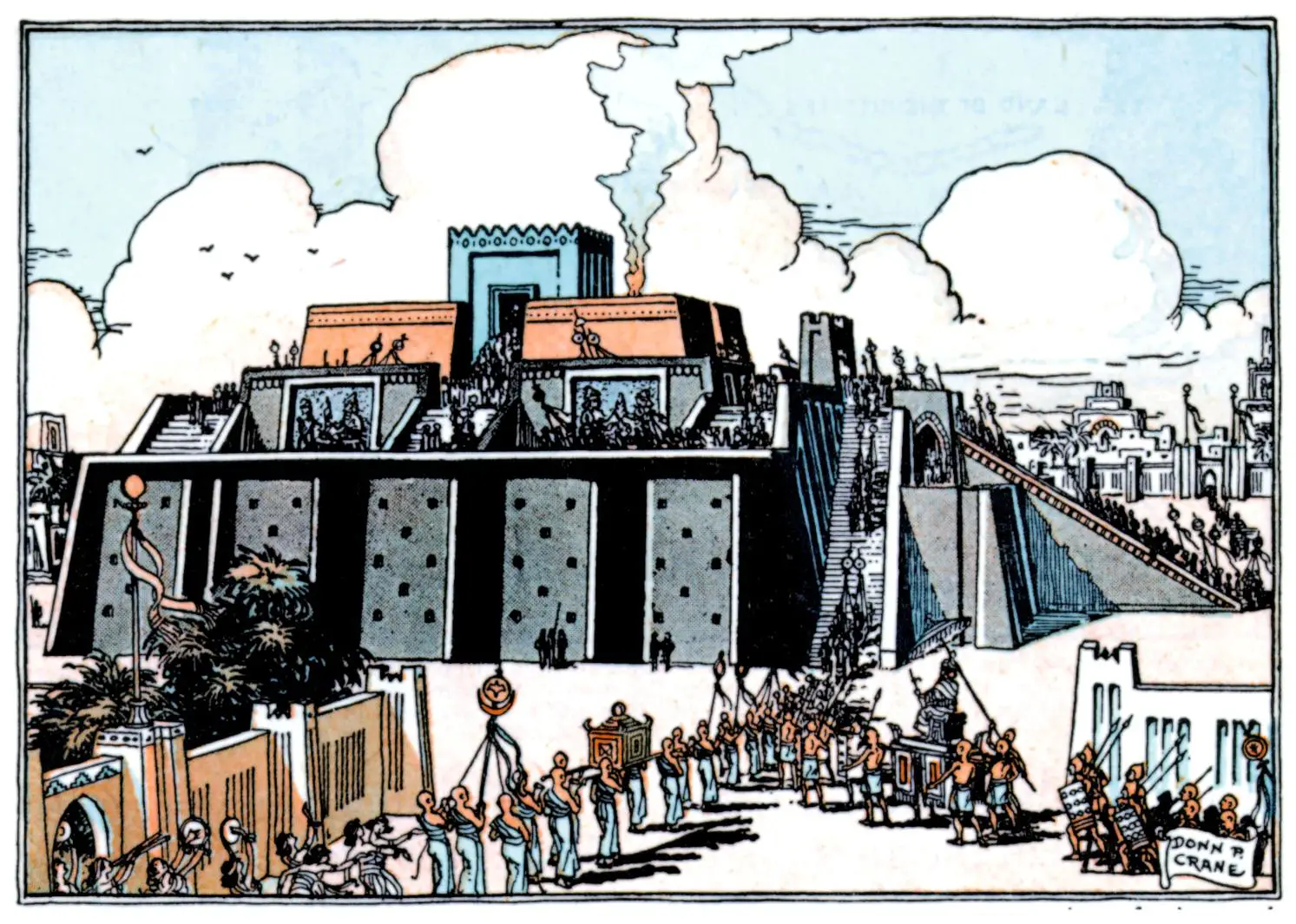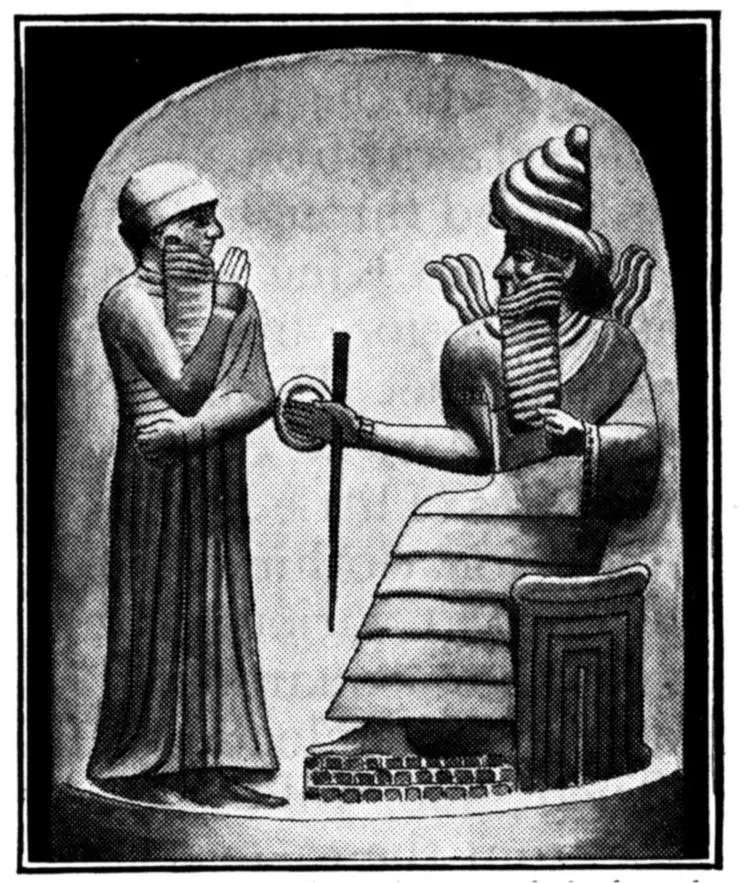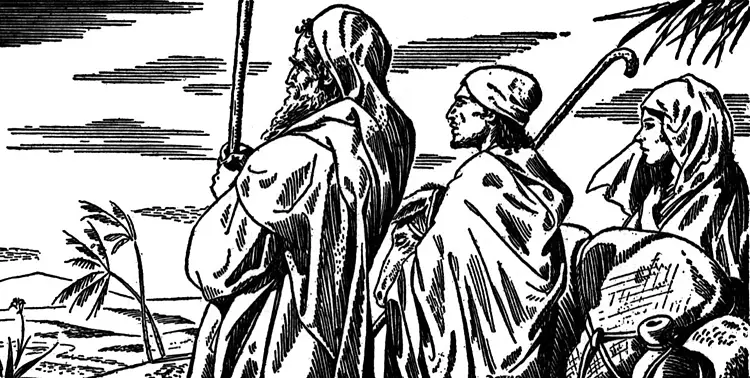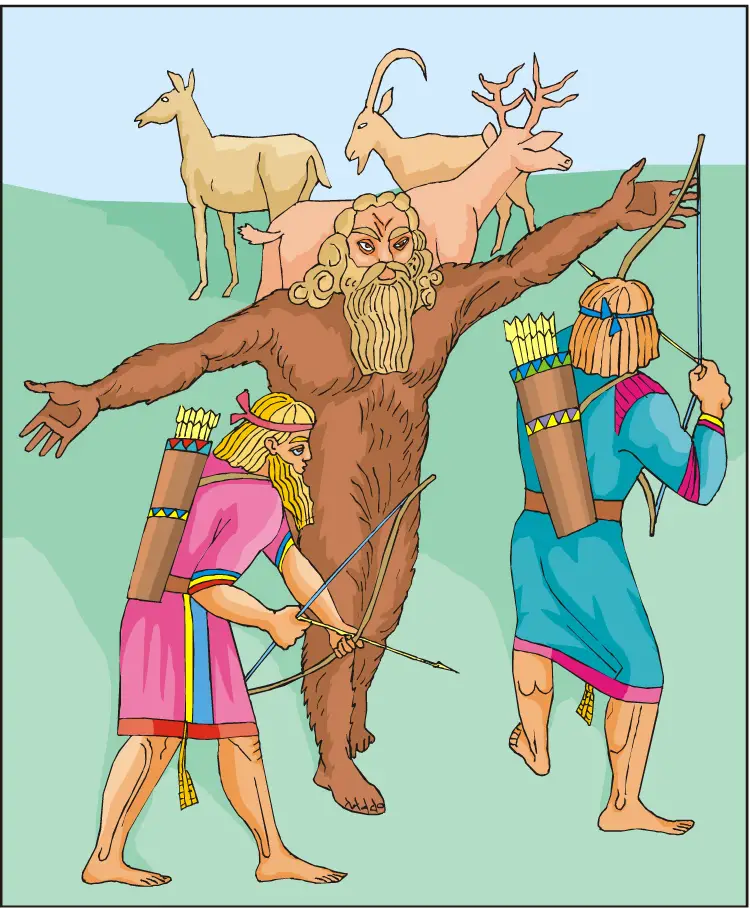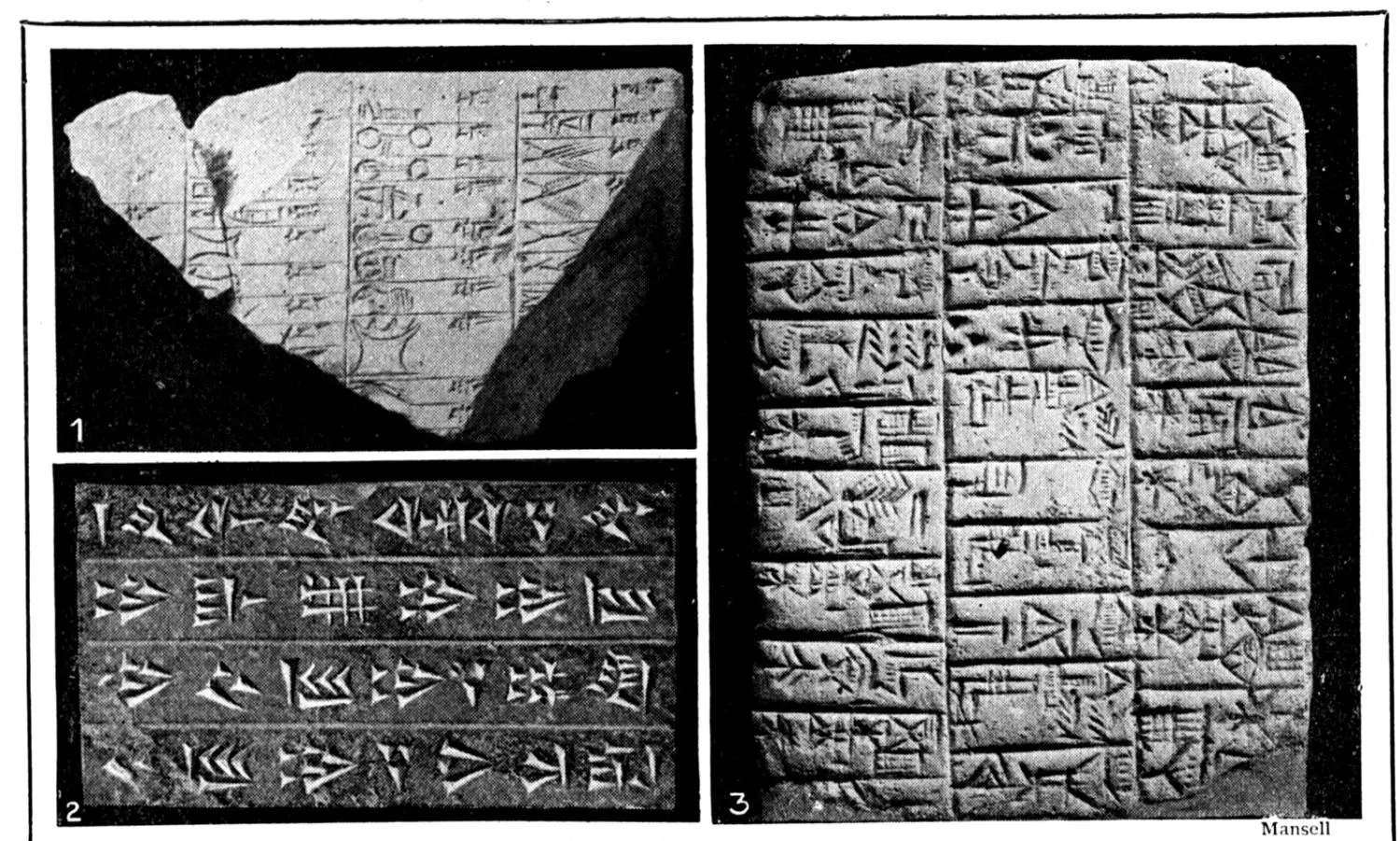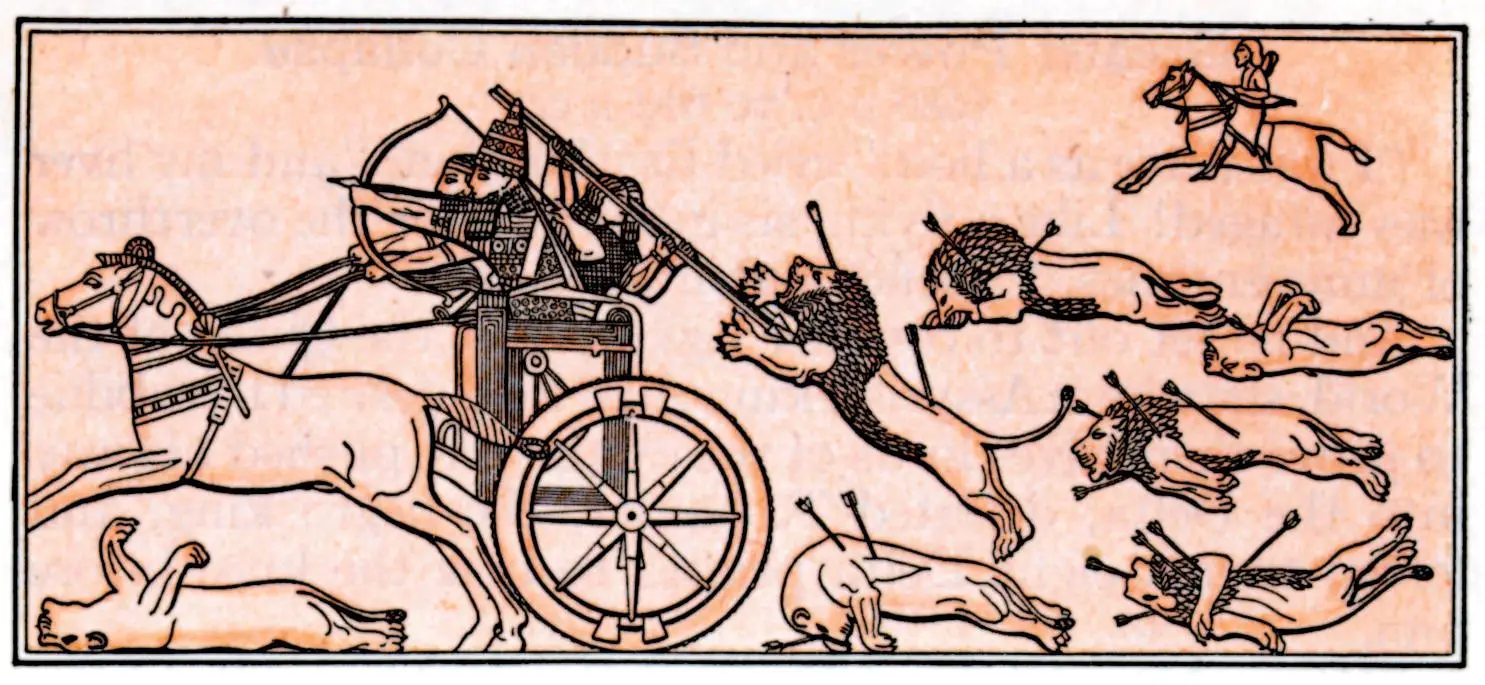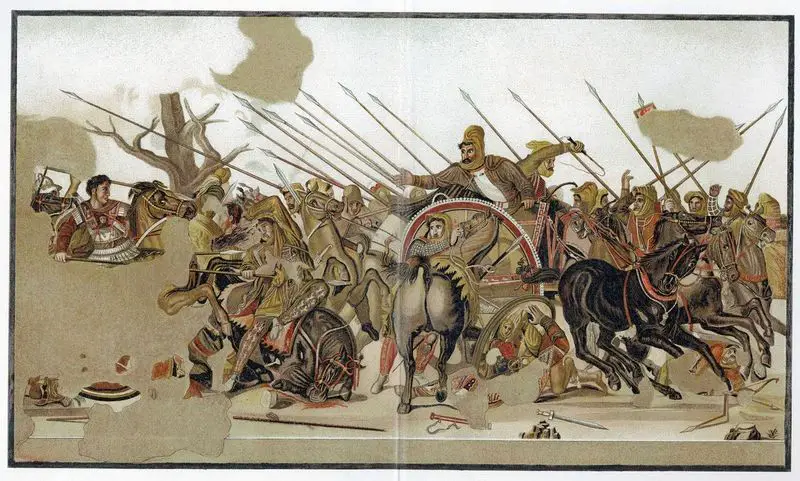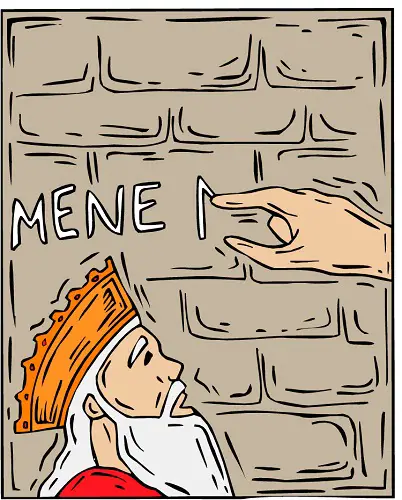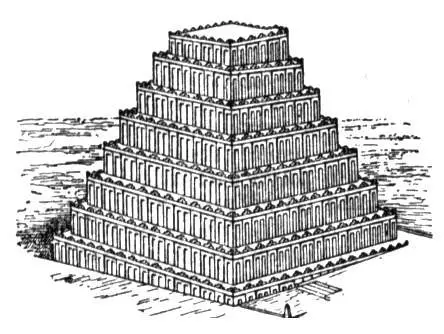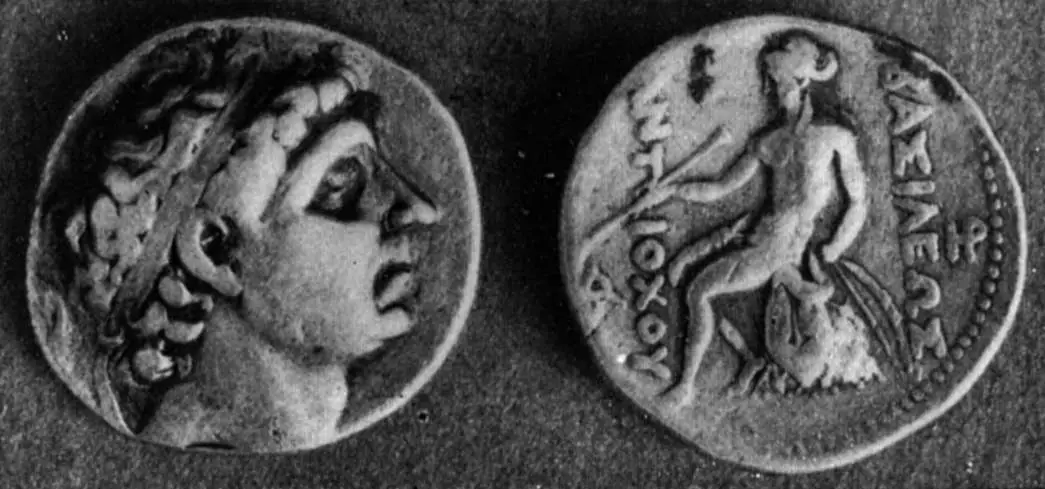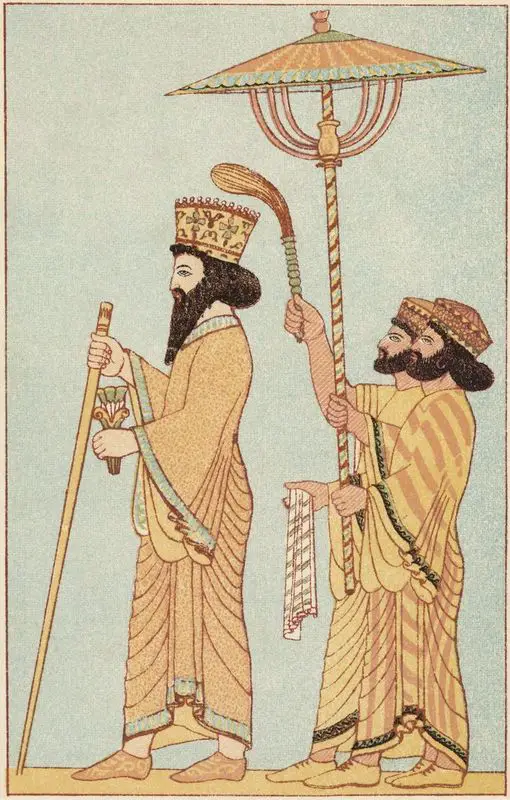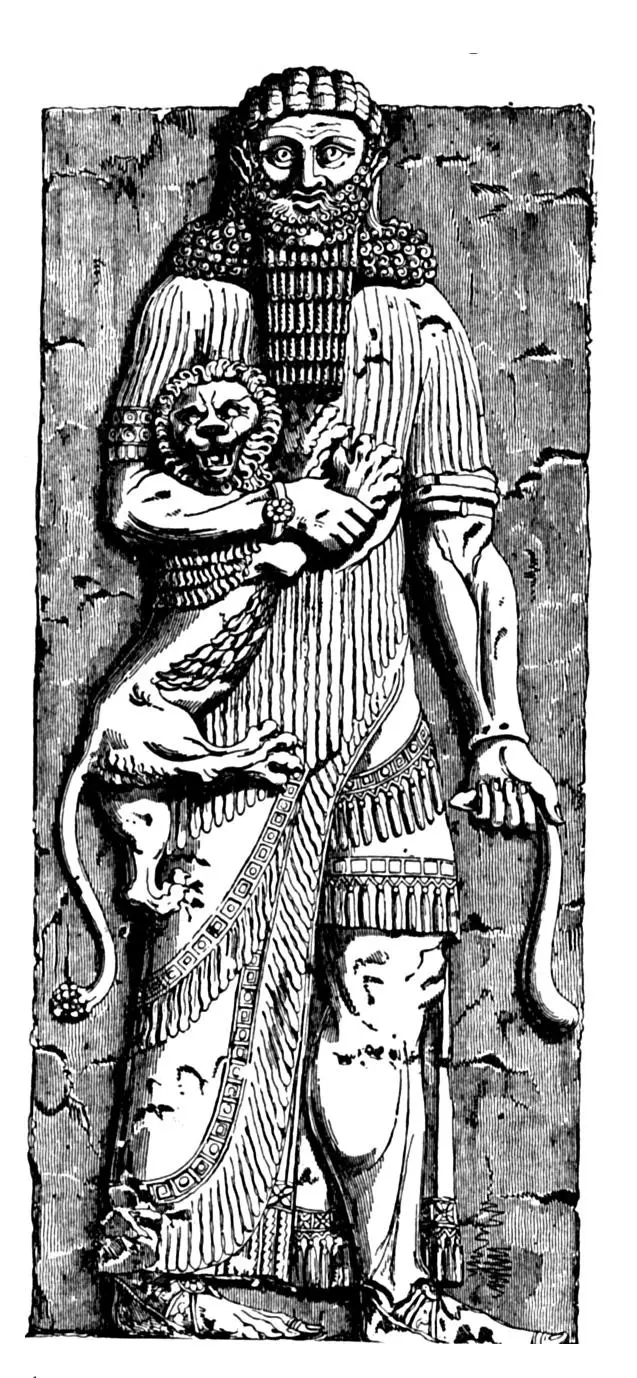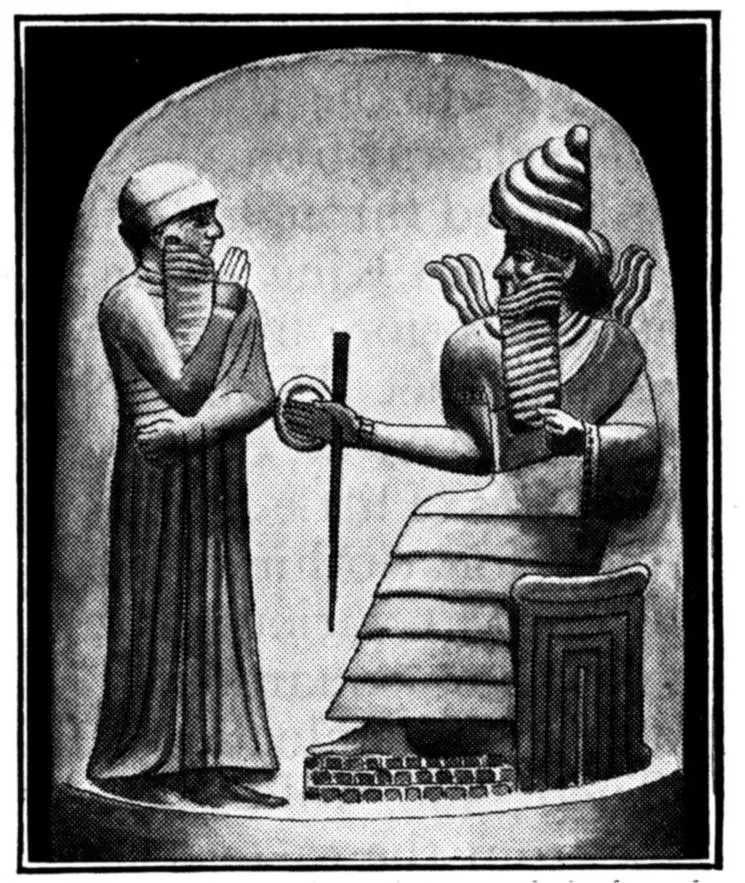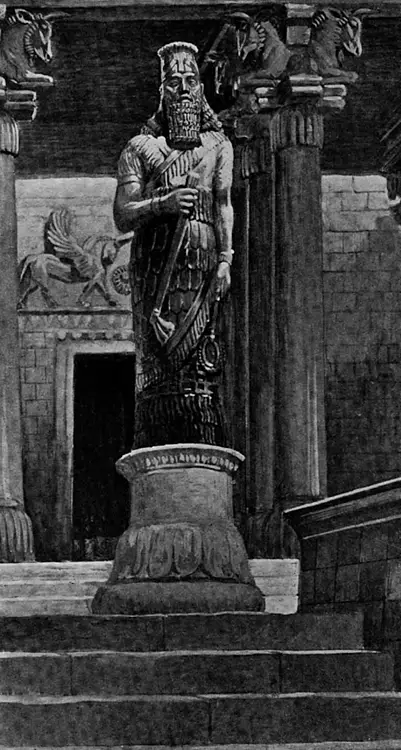All Facts about Mesopotamia
Mesopotamia is an area in south western Asia where the first human civilisation emerged. The people who lived in Mesopotamia were nomads which means that they had no particular home; they moved from place to place. Soon this changed as people began to settle in particular locations. Mesopotamia soon saw the rise of cities, regions and empires. This timeline provides a summary of the history of Mesopotamia from its earliest settlements. It looks at the timeline through the main empires of the period: the Sumerian, Akkadian, Babylonian, Assyrian and Persian Empires.

-
Akkadian Empire
While the Sumerians occupied the south of Mesopotamia, the Akkadian Empire began in the north. The Sumerians and the Akkadians did have a lot in common apart from their languages which were different. The Akkadians were able to unite all their city-states under one kingdom while the Sumerians maintained local rule at all of their locations.
Read More -
Assyrian Empire
The Assyrians were a people from the north of Mesopotamia who were known for their love of warfare and conquering others. Their empires went through a number of phases stretching over nearly 1500 years.
Read More -
Babylonian Empire
During the Akkadian Empire, Babylon existed as a small city on the Euphrates River. A King from a tribe called the Amorites established a kingdom at the city and so began the Babylonian Empire.
Read More -
Persian Empire
The Persian Empire, which is sometimes called the Achaemenid Empire, was enormous, stretching from Anatolia (we now call this Turkey) and Egypt across to the north of India and Central Asia. It lasted from 550-330 B.C.
Read More -
Sumerians
By around 4000 BC, the most important part of ancient Mesopotamia was a land to the south called the Sumer. The people of this land lived in city-states and were known as the Sumerians. They created one of humanity’s most remarkable early civilisations.
Read More -
Art and Artisans
Artisans were important people in ancient Mesopotamia as the objects they created were not only useful for the everyday lives of ordinary people and the upper classes, but they were often very beautiful and help us better understand our ancient history.
Read More -
Code of Hammurabi
Hammurabi was one of the best-known kings of the Babylonian Empire. Under Hammurabi, Babylon gained more control over Mesopotamia. But one of his most important achievements was the ‘code of Hammurabi’.
Read More -
Daily Life of Mesopotamia
Daily life in Mesopotamia was, in some ways, not unlike our modern existence. People were recognised by social rank, they lived in different forms of housing, the family was important, as was their leisure time.
Read More -
Epic of Gilgamesh
The Epic of Gilgamesh is the oldest example of epic literature. The story was told in an oral form before people started to write it down. The tale was told throughout Mesopotamia, especially in Sumer and Babylonia.
Read More -
Religion and Gods
In ancient Mesopotamia each city-state had its own god or goddess and their family. People believed that the gods were actually present in their cities, and they built temples called ziggurats for the gods to live in.
Read More -
Sumerian Writing and Cuneiform
The first system of writing was invented by the Sumerians. The main reason the Sumerians came up with this system was through necessity. A written language was required so that trade could be carried out between city-states. Transactions had to be recorded and it was vital for rulers governing a city-state to have a way of keeping its own records.
Read More -
Assyrian Army
The Assyrians were very able people with a range of achievements in science, technology and culture. However, it was not these civilised qualities that allowed them to create an empire. The expansion was down to one of the cruellest and most merciless armies humanity has ever seen.
Read More -
Great Cities of Mesopotamia
As the world’s earliest civilization, Mesopotamia is credited with the invention of cities. There were many cities in Mesopotamia. These cities were all ruled by different kings and had their own gods.
Read More -
Persian Wars
The Persian Wars involved a prolonged battle between Greece and Persia between 429 BC and 449 BC. The wars consisted of two large Persian invasions and a series of legendary battles.
Read More -
Science, Inventions, and Technology
From the very earliest settlements around 8000 B.C., the people of Mesopotamia started to create many of the things that we associate with civilisation: writing, mathematics, astronomy, transport, building design, transport, metalworking, pottery, textile development, as well as many of the basics of processes farming and food preparation.
Read More -
The Ziggurat
A Ziggurat was a place of worship built on many levels with steps all around it. Ziggurats were usually located at the very centre of Mesopotamian cities and, after 2000 BC, they could be found in most of those cities.
Read More -
Timeline of Mesopotamia
Mesopotamia is an area in south western Asia where the first human civilisation emerged. The people who lived in Mesopotamia were nomads which means that they had no particular home; they moved from place to place. Soon this changed as people began to settle in particular locations. Mesopotamia soon saw the rise of cities, regions and empires.
Read More -
Cyrus the Great
Cyrus the Great who is also known as Cyrus II was born between 600 and 575 BC and lived in Persia. His father was Cambyses I, King of Anshan, a small state which was located in what is now Iran. His grandfather was also king of Anshan. Cyrus became king in 559 BC several years after the death of his father.
Read More -
Darius I
In 522 BC Cambyses had died and there was no heir to the throne. Darius was a cousin of Cambyses and he decided to seize power before someone else did. First, he had to deal with Bardiya who claimed to be Cambyses brother, but was an imposter. Darius had him killedbut had to put down a number of other related conflicts in his empire before he could call himself king.
Read More -
Famous Kings of Mesopotamia
Gilgamesh was the king of the city of Uruk. Gilgamesh was regarded as a hero by his people not only due to his courage and beauty but also because he protected them by building a wall around Uruk. He also features in the earliest work of Mesopotamian epic literature: The Epic of Gilgamesh.
Read More -
Hammurabi
Hammurabi was born at some time between 1820 and 1810 BC. He was the son of King Sinmuballit of Babylon. We don’t know very much about Hammurabi’s early years. He did receive some training in the basics of administration although Babylon was just a city-state similar to many others in Mesopotamia at that time.
Read More -
Nebuchadnezzar II
King Nebuchadnezzar II is seen by many as one of the most remarkable kings of ancient Babylon. King Nabopolassar, his father, had achieved the difficult conquest of the mighty Assyrians and had freed Babylon from their harsh military rule. Nebuchadnezzar now had the opportunity to restore Babylon to its former glory. This new land is called the Neo-Babylonian Empire.
Read More

